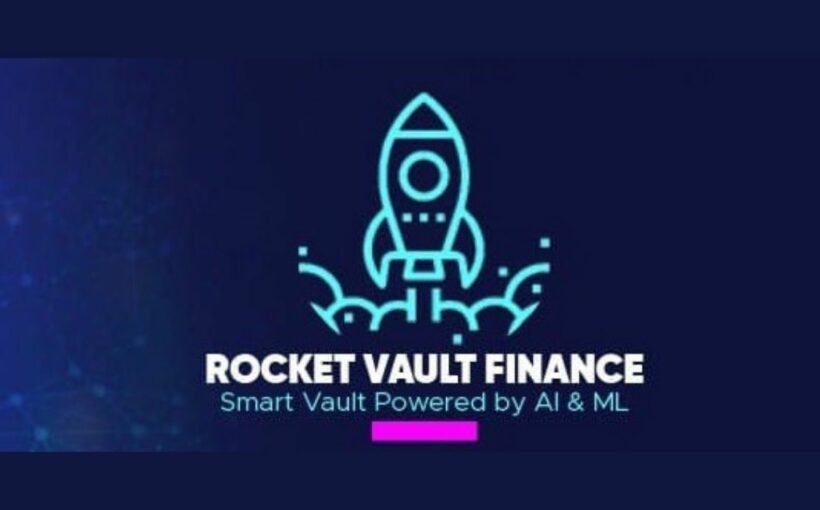As with most startups, most new cryptocurrency projects never see the light of day, with the majority not ever passing their first year. According to Deloitte, the financial consulting company, only 8 percent of 86,000 projects listed on Github have managed to see some success. Know why? It’s because many of them are just rubbish.
It shouldn’t be too surprising that 92% of crypto and blockchain projects fail if you take a look at them. According to Yahoo Finance, of the 1,840 failed cryptocurrency projects since 2017, the majority were scams. Of those that died they can be grouped into four categories: deceased, hack, scam, and parody.
Of these, the fraudulent projects tend to live no longer than 1 year and the legitimate projects that don’t see success usually die off within 1-3 years. A high failure rate makes some sense when you consider just how immature the overall industry is.
Here Are Some Reasons Why These Projects Fail:
1.Many investors don’t really understand how the blockchain works, but they are nevertheless eager to throw money at it, and at cryptocurrencies generally, especially during bull markets. This emits a strong message to those entrepreneurs to build their startup on the blockchain, rather than in the “real world”, no matter if it makes sense or not.
2. Many developers are creating the solution to problems that don’t exist on the blockchain, even before the problem has been identified. For some there is no real market or demand for their product at all. That is what an entrepreneur needs to identify in his or her business plan prior to developing. Really strong projects are those that address real problems, and make the world a better place in some way.
3. Does your business need tokens or are you adding more noise to the token pool? Utility tokens really only have value based on if there is any use for that token. If you take away your token from the equation, are you left with an excellent product? If not, back to the drawing board.
4. High gas fees mean certain, smaller transactions are just not feasible. The gas fee is paid to miners to cover their energy costs. These fluctuate. The higher the fees are, the more a miner will need to receive to cover his charges. Certain financial transactions on the blockchain, particularly with Ethereum can be either postponed or completely rejected by the miner if their costs are not covered. The transaction fee which is $23 at the time of writing, has even had users reporting fees that have exceeded $60 or more just to make a transaction. This can make an entire project obsolete and it is enough to send users reeling in another direction.
5. The number of DeFi, or decentralized finance projects in the last year have positively exploded. These cover products or services based on the blockchain, which can help conduct payment transactions without the need for middle men, like brokers or banks.
DeFi has a record value of over $40 billion locked into the various projects, alot of which is fueled by yield farming eg. where you place your cryptos at the use of a De-Fi startup and potentially earn more crypto as a reward. Many of these cookie cutter projects work in exactly the same way, and give the same potential returns.
Where to Invest Then?
One company that is addressing all of these issues is Rocket Vault Finance, an intelligent automated fund manager, which is powered by Machine Learning Algorithms. It stands out as it comes up with vault strategies which aim to minimize investor losses and maximize gains through the best APY in stable coins. Rocket Vault Finance is a smart solution that keeps learning and discovering the best blockchain investing opportunities, factoring in gas fees on the fly, and conducts the legwork to give the user maximum return on investment.
To use Rocket Vaults, Smart Vaults, you need to deposit money and the algorithm builds intelligence to achieve value investing with Crypto.
The Smart Vault:
- Monitors around 700-800 listed assets across leading exchanges
- Identifies Tokens that have excellent potential using Machine Learning
- Manages to avoid the risky tokens, based on historical data
- Diversify investors strategy across tokens to minute levels in real-time
- Book profits at optimal levels
- Maintain stable coin reserves to re-invest at best opportunity or DCA
Given all of the above, it is clear that there is only a limited space for products on the blockchain to succeed. Choose wisely.
Source: Read Full Article
